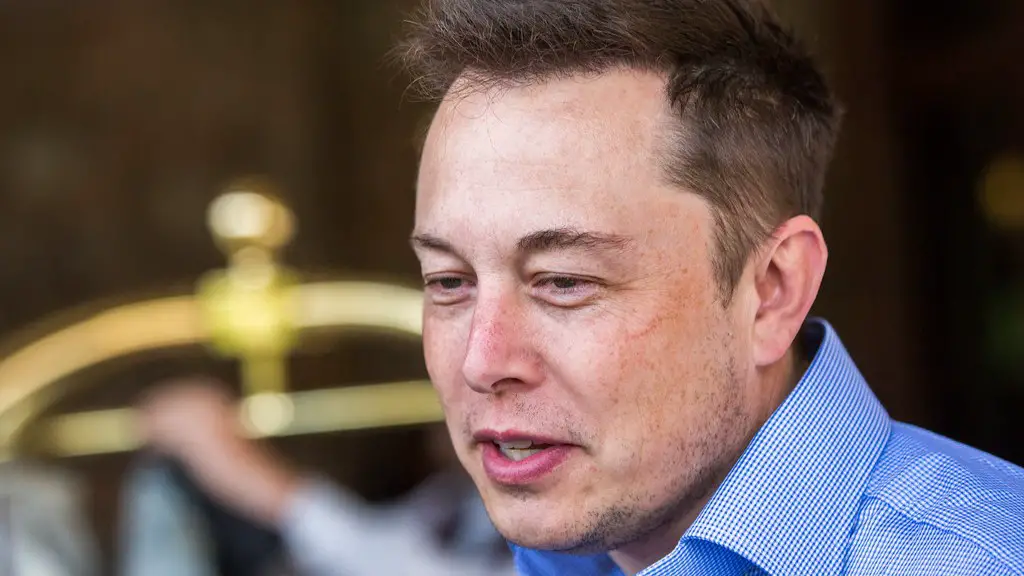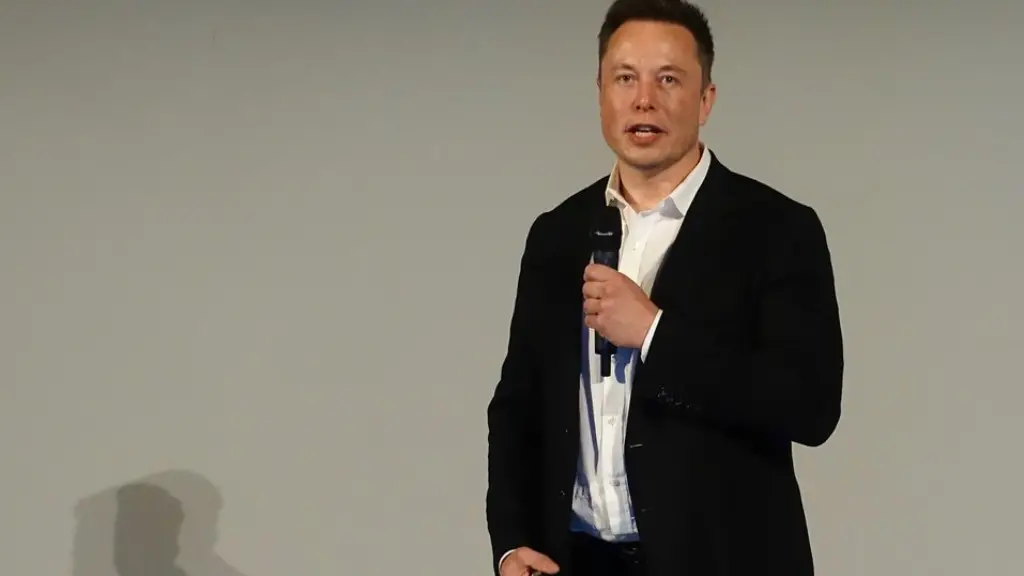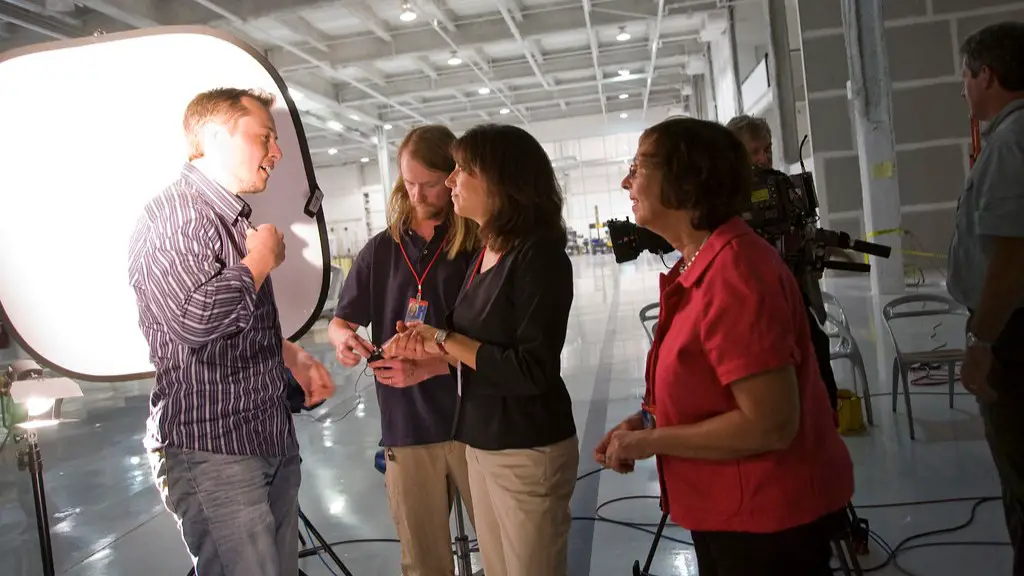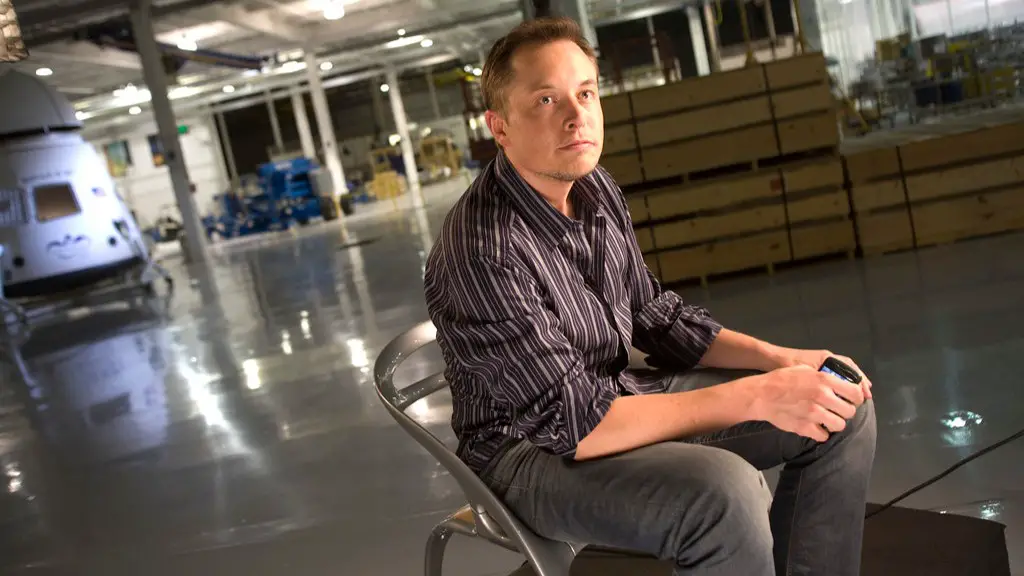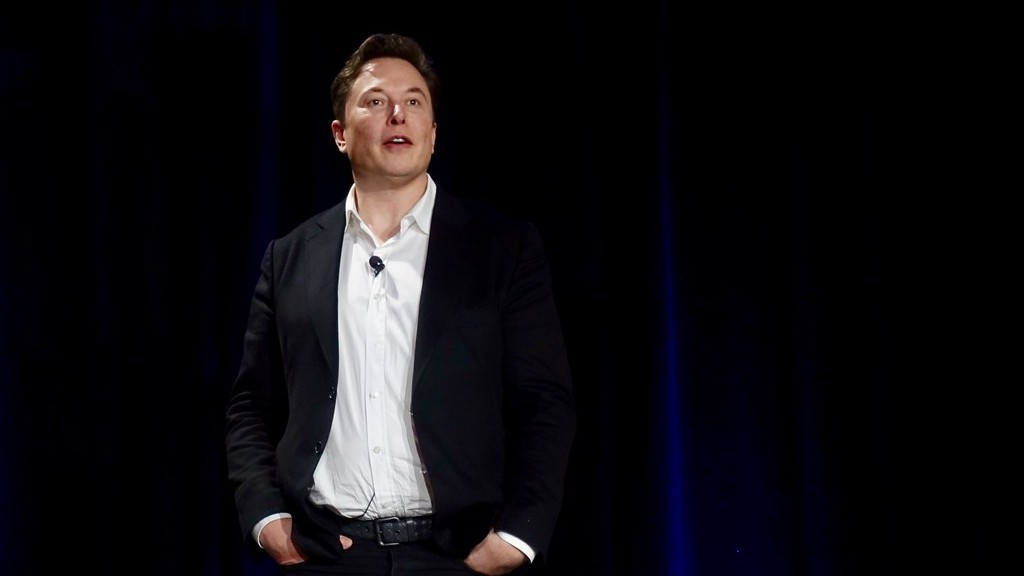From PayPal to Tesla and SpaceX, Elon Musk has come to be known as a tech mogul and entrepreneur who’s revolutionizing the auto and aerospace industries, but his story began long before he became the financially independent and ambitious billionaire that he is today. Many believe that the American entrepreneur’s innovative business acumen was obvious from the get-go, with Musk’s first businesses succeeding far beyond his expectations.
As a child growing up in Pretoria, South Africa, Musk was academically gifted, eventually attending the University of Pennsylvania where he earned bachelor’s degrees in economics and physics. After college and shortly after the Dot-com bubble, Musk established his first company in 1995, Zip2 Corp – a web services provider to newspapers that was established with the assistance of a $28,000 loan from his father. The company was quickly acquired by Compaq Computers in 1999 for over $300 million, just four years after its initial launch.
Elon then found X.com, an online financial services and e-mail payment company, in 1999. The venture eventually merged with an up-and-coming business, Confinity, to form PayPal as we know it today. eBay acquired PayPal in 2002 for a staggering $1.5 billion and Musk walked away with $165 million.
Despite finding success with Zip2 and PayPal, Musk didn’t stop there. He later founded Tesla in 2003 and SpaceX was founded a few years later in 2002, with both companies eventually achieving great success – and leading to Musk being declared a billionaire. Musk’s success comes down to his drive and ambition; he was keen to explore innovative industries, challenging to push the boundaries of technology and investing a significant percent of his net worth back into his companies, something that most business leaders rarely do.
Financial analyst Mark Jeng explains how Musk’s approach to business differs from traditional models, “What sets Musk’s approach apart from the traditional business leader is his risk-taking. He’s unafraid to take big bets and put not only his capital on the line but also his reputation. With such big risks come massive potential for big rewards.” This risk-taking, combined with Musk’s ambitious drive and vision of the future, is ultimately the reason the billionaire was able to establish and run a range of innovative and visionary companies.
His so-called ‘master plan’ is something he’s applied across Tesla and SpaceX; essentially a strategic plan of action that includes diversification of both companies and combining goals and objectives to streamline overall operation. In a nutshell, Musk’s plan was to launch rockets, create sustainable energy intakes and use the funds from his previous businesses to invest into alternative renewable energy sources such as solar power.
Another of Musk’s advantages is his ability to spot talent and delegate well. The billionaire has given his staff the freedom to follow their ideas and dreams, allowing them to take risks and mentor others in becoming more ambitious and attentive to the potential of their company. According to venture capitalist Michael Taylor, “The ability to discover and mentor emerging talent is one of Musk’s greatest talents and has certainly paid dividends for the companies he runs.”
Tesla and SpaceX Industrial Relations
When looking at Tesla and SpaceX, two of Musk’s major companies, one can quickly tell that their industrial relations are quite different. Whilst Tesla is focused on the production of electric vehicles, SpaceX is dedicated to the research, development, and exploration of space by launching and constructing rockets. As such, the industrial relations approach of each has to be tailored to fit the needs of each.
Tesla is focused more on production, with their industrial relations focused mostly around manufacturing and assembly operations. This involves having appropriate wages, arbitration if needed and negotiating with unions. As Tesla is a largely consumer-oriented business, marketing strategies and consumer relations management must be taken into consideration when it comes to industrial relations. Environmental protection and sustainability are also important components of Tesla’s industrial relations.
SpaceX, however, is significantly different, not least because of the fact that it is a research and exploration-based business. Thus, its industrial relations encompass a significantly different range of areas. These include, research and development, engineering, construction management and spaceflight operations. Therefore, negotiations between unions and representatives of Musk’s company pertain more to the aforementioned areas. As with Tesla, environmental protection and sustainability are also highly important at the space exploration firm.
Musk’s Financial Impact
It is without a doubt that Elon Musk’s financial impact on the world has been immense. Both Tesla and SpaceX have shown immense potential, with analysts predicting that Tesla in particular is set to revolutionise the automobile industry. Their success has also pushed other businesses and companies to take note, leading to the automobile industry’s continuous push into electric vehicles.
Furthermore, the impact of Musk’s work will be felt for years and decades to come. SpaceX for example, is close to achieving the ultimate goal of interplanetary travel, something which could prove to be pivotal in humanity’s journey to colonise the Final Frontier. Furthermore, the creation of space-based industry could also reduce dependency on natural resources, so as to reduce environmental damage.
The financial success of both companies can also be attributed to Musk’s risk-taking and forward-thinking approach. Elon has provided the capital, guidance and risk-management strategies necessary to allow his companies to grow and expand. As such, this has opened up the door to a number of financial rewards which have allowed the companies to further develop their respective areas of expertise.
In summary, Elon Musk’s financial influence has been immense, with both Tesla and SpaceX benefiting from significant financial rewards and investments. This has allowed both companies to pursue ambitious and revolutionary goals, giving Musk’s endeavors a high likely chance of succeeding.
Musk’s Tech Ecosystem
One of the most notable aspects of Musk’s tech ecosystem is the degree to which it relies on a wide variety of different technologies, businesses, and collaborations. Musk’s vision for his companies is one that relies on a range of different entities and technologies. The result of this is that Musk’s businesses are well equipped to address a wide variety of challenges, as well as capitalize on new opportunities.
The tech ecosystem Musk is part of includes companies such as Google, Amazon, and Microsoft, each bringing a specific set of expertise and talents to the table. In addition to relying on major tech companies, Musk’s companies also partner with a range of small businesses and startups. These collaborations and partnerships bring a wide range of different capabilities and knowledge to Musk’s companies, allowing them to tackle new challenges, as well as capitalize on opportunities for growth.
Furthermore, Musk’s companies also highly value academic research, collaborating closely with researchers from universities and other research institutions. This relationship provides access to research results from a variety of fields, as well as allowing Musk’s tech ecosystem to benefit from the latest advances in research.
Tesla and SpaceX also make use of a wide range of open source projects, allowing the companies to benefit from the wide variety of contributions from users worldwide. As such, this allows Musk’s companies access to the latest advancements in technology, without having to make large financial investments.
In summary, having access to a wide range of different technologies, businesses, and collaborations has been integral in Musk’s success as a businessman. By relying on a wide range of sources, Musk has ensured that his companies have access to cutting edge technology, as well as the latest advancements in research and development.
Space Exploration and Its Potential
Space exploration has long been one of the passions of Elon Musk, something that has led to the creation of SpaceX. With the aim of providing space access to the masses, as well as taking humans to Mars, space exploration has become a major goal for SpaceX. Although it may seem far-fetched, there are a myriad of potential applications for space-related developments.
For one, space exploration could potentially aid in the fight against climate change. This is because space-based solar energy capture could be effective in addressing the issue, negating the need for potentially damaging sources of energy such as coal and gas. In addition to this, space exploration also opens the possibility of new industries, such as space tourism, interplanetary resource mining, or research facility construction.
Furthermore, space exploration also has the potential to benefit humanity in ways we cannot yet comprehend. By exploring the Final Frontier, we may be able to open up undiscovered possibilities. While some might see this as nothing more than science fiction, others believe that space exploration allows for the potential for mankind to make great leaps forward in terms of technology and understanding.
In conclusion, space exploration has a wide range of potential applications, from aiding in the fight against climate change to creating new industries. Even beyond this, space exploration could open up possibilities that are currently beyond our comprehension. As such, Musk’s endeavors have the potential to be genuinely transformative and earth-changing.
Elon Musk and His Legacy
Elon Musk’s legacy is one of creativity, ambition, and risk-taking. By founding and continuing to lead such groundbreaking companies as Tesla and SpaceX, Musk has achieved true business success, and inspired countless people with his ambitious vision. His legacy will also be remembered for his relentless drive to push go beyond the status quo, a trait that he has applied to all areas of life, both personal and business.
Musk’s legacy will also be remembered for his unwavering commitment to pushing the boundaries of technology, especially in the sustainability and space exploration arenas. By creating groundbreaking companies such as Tesla and SpaceX, Musk has changed our understanding of what is possible, and has inspired countless people to pursue their ambitions, regardless of how intimidating they may be.
The billionaire has also made a point of leading by example, as well as being an advocate for the power of risk-taking in business and personal pursuits. By pushing boundaries, Musk has made it possible for his companies to achieve groundbreaking successes. Furthermore, Musk’s example of a successful entrepreneur is something that many ambitious individuals look to as a source of motivation, a testament to his powerful legacy and influential example.
In conclusion, Elon Musk’s legacy is one of creative ambition, risk-taking and pushing the boundaries of what is possible. Led byMusk’s example, his groundbreaking companies Tesla and SpaceX have revolutionized both the automobile and aerospace industries. As such, Musk’s legacy promises to be remembered as one of remarkable ambition and groundbreaking entrepreneurial successes.

